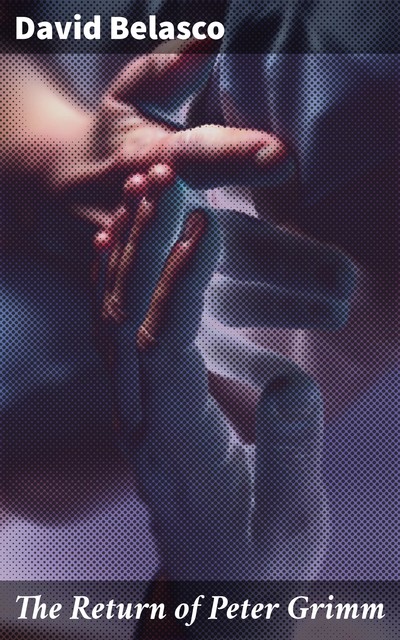David Belasco's “The Return of Peter Grimm” is a poignant exploration of life, death, and the enduring power of love, encapsulated within a tightly woven narrative that blends elements of realism and supernatural intrigue. Set in early 20th century America, the play centers on Peter Grimm, a successful yet flawed businessman who, after dying unexpectedly, returns as a spectral presence to witness the repercussions of his life choices. The literary style is characterized by rich, emotive dialogue and vivid character development, inviting audiences to grapple with complex themes of redemption and the impact of one'Äôs actions on future generations. Belasco, a renowned figure within the American theater community, was known for his innovative approaches to storytelling and stagecraft. His theatrical background and success as a playwright likely informed his desire to explore deeper human experiences, particularly the intersection of love, regret, and the quest for forgiveness. Having experienced both triumph and personal struggles in his own life, Belasco's insights resonate throughout the work, making it both a personal reflection and a universal contemplation of morality. This compelling play is recommended for readers and theater enthusiasts alike who appreciate poignant character studies and thought-provoking themes. It serves as a reminder of the unresolved emotions that linger after one's departure from this world, offering an engaging reflection on how one'Äôs legacy can transcend the bounds of life itself.


